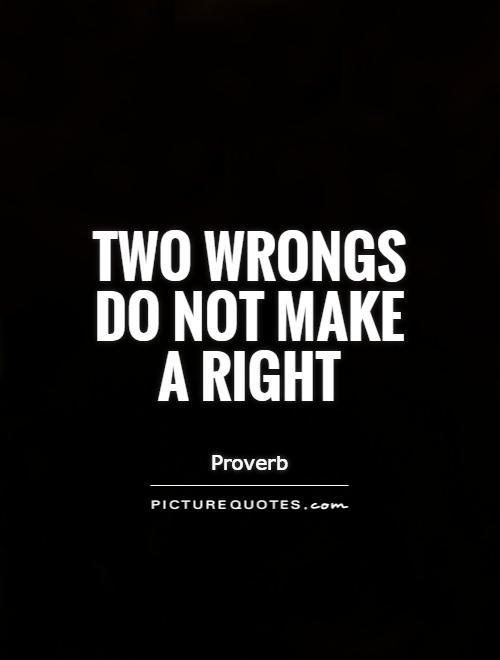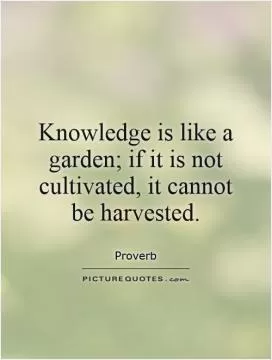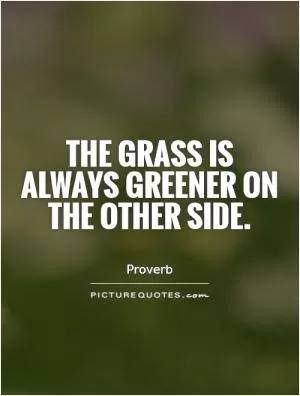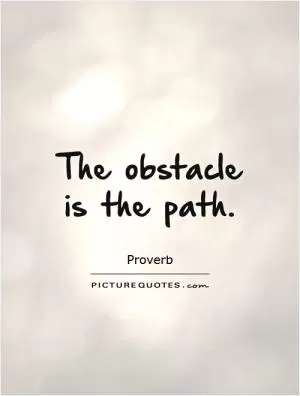Two wrongs do not make a right

Two wrongs do not make a right
The proverb "two wrongs do not make a right" is a timeless piece of wisdom that has been passed down through generations. It serves as a reminder that responding to a wrongdoing with another wrongdoing does not lead to a just or fair outcome. Instead, it perpetuates a cycle of harm and escalates conflicts rather than resolving them.When faced with a situation where we have been wronged, it can be tempting to seek revenge or retaliate in kind. However, this only serves to perpetuate the cycle of harm and can lead to further negative consequences. By responding to a wrongdoing with another wrongdoing, we are essentially stooping to the same level as the original offender and compromising our own values and integrity in the process.
Furthermore, responding to a wrongdoing with another wrongdoing does not address the root cause of the issue or bring about a meaningful resolution. It simply creates more conflict and animosity, making it harder to find a peaceful and constructive solution. In the long run, this approach only serves to deepen divisions and perpetuate a cycle of negativity.
Instead of resorting to retaliation or seeking revenge, it is important to take a step back and consider a more constructive and ethical response. This may involve seeking a peaceful resolution through dialogue, forgiveness, or seeking justice through legal means. By responding to a wrongdoing with integrity and compassion, we can break the cycle of harm and work towards a more just and harmonious outcome.












 Friendship Quotes
Friendship Quotes Love Quotes
Love Quotes Life Quotes
Life Quotes Funny Quotes
Funny Quotes Motivational Quotes
Motivational Quotes Inspirational Quotes
Inspirational Quotes